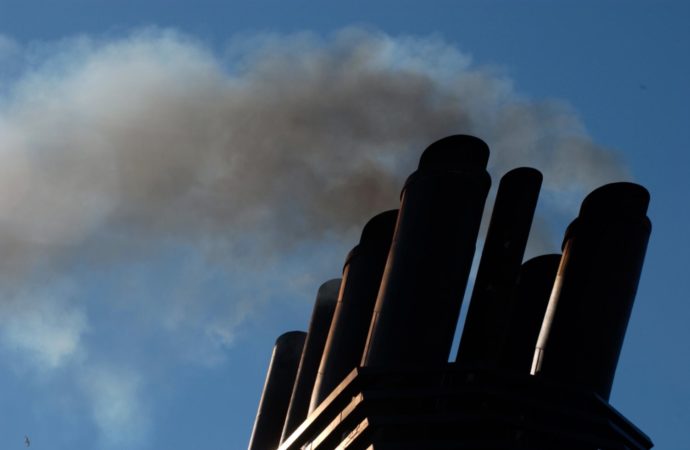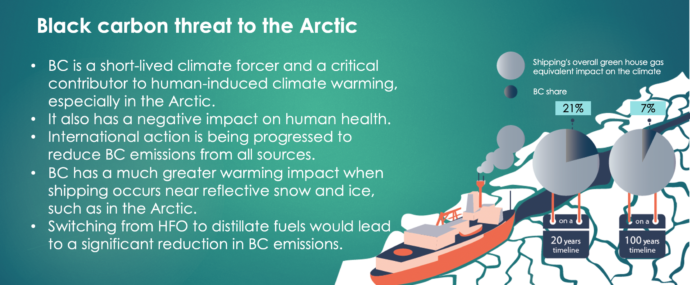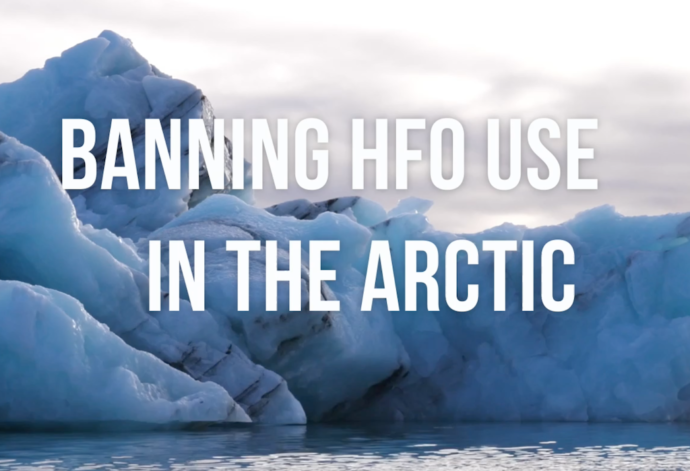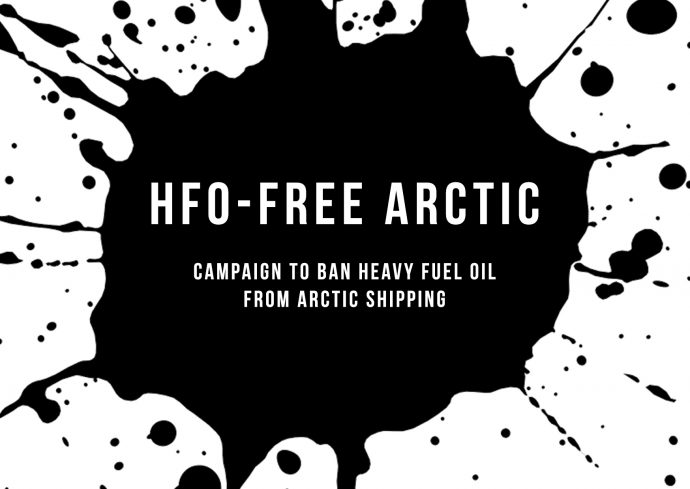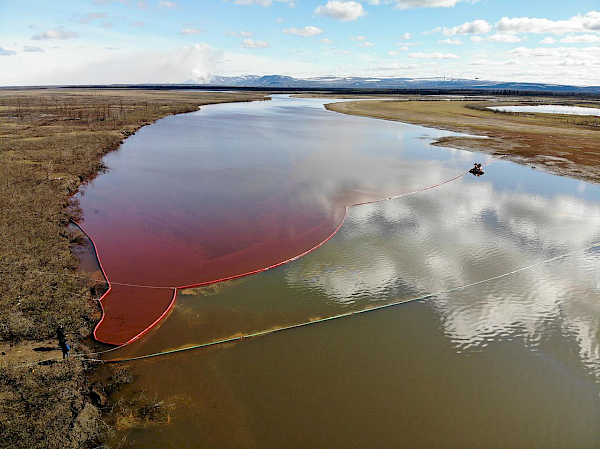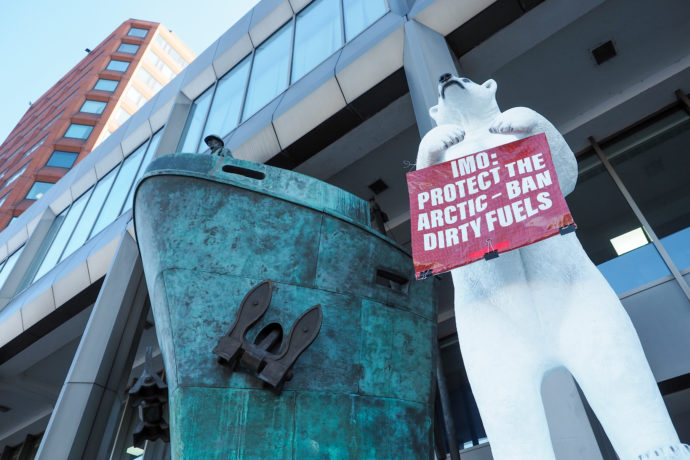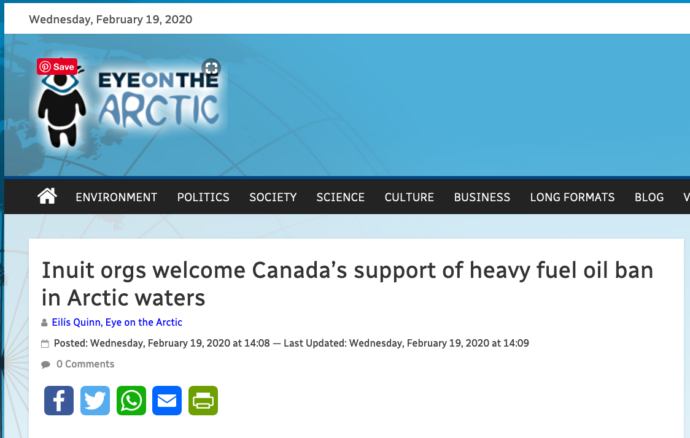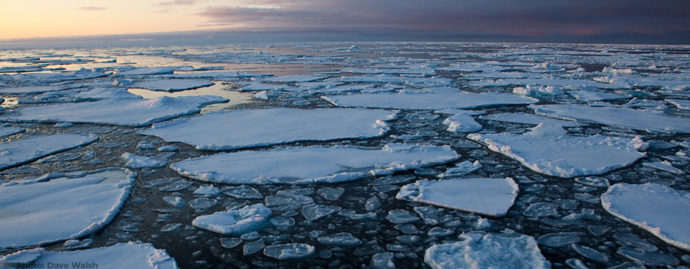Response: Impacts of Black Carbon Emissions from Very Low Sulphur Fuel Oils
Clean Arctic Responds to a LinkedIn post by Francisco Malta of VM Industrials – Aderco Oceania, and a subsequent statement by the International Bunker Industry Association (IBIA) regarding black carbon emissions from very-low sulphur fuel oils (VLSFOs).

